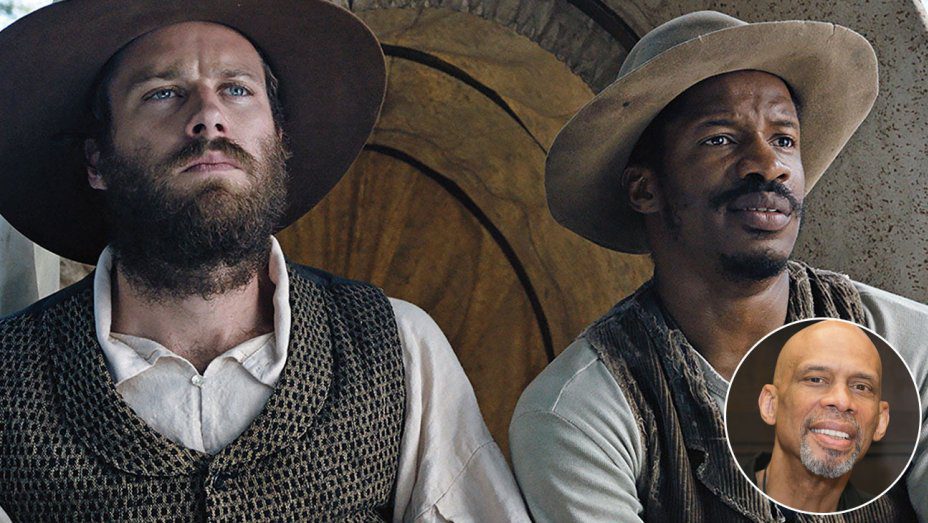“Innocent until proven guilty,” writes the cultural critic and former Lakers star of the movie: “Lopsided racial presentation makes it less accessible.”
Telling the story of Nat Turner’s 1831 slave rebellion seems to have a cursed history. In 1967, William Styron wrote the best-selling novel The Confessions of Nat Turner, which won the Pulitzer Prize. However, despite popularizing an important event in American history, the novel was met with angry criticism from some African-Americans in part because Styron, who told the story from Nat Turner’s point of view, was white. Even though the novel was supported by black literary giants Ralph Ellison and James Baldwin, a book of criticism by 10 black writers was published dissecting what they deemed blatant cultural appropriation. Today, African-American Nate Parker, the co-writer, director, co-producer and star of the Nat Turner biopic The Birth of a Nation, faces an equal level of harsh public scrutiny that threatens to overshadow his impressive, important and flawed film.
Before I discuss the film, I want to address the controversy about whether or not people should go see a movie made by a man who 17 years ago was tried for rape. It is the same issue of equating the art with the artist that comes up every time a film is released by Roman Polanski or Woody Allen, two significant filmmakers whose works no longer can be judged outside public debates about what they may or may not have done. This raises the question of whether or not we should support any artist who has done wrong: Norman Mailer stabbed his wife; Anne Perry murdered her mother; H.P. Lovecraft, Flannery O’Connor and Patricia Highsmith were racists; Ezra Pound, T.S. Eliot, Degas and Wagner were anti-Semites. Before writing Lord of the Flies, a high school favorite, William Golding attempted to rape a 15-year-old girl. Despite creating powerful female characters in his plays, Shakespeare cruelly hobbled his own daughters by keeping them illiterate. And William S. Burroughs, the darling of the Beat generation, killed his wife while drunkenly trying to shoot a glass off her head.The difference for most of us is that, in many cases, we can pry the art from the artist because they are dead and cannot profit from our support. In the case of living artists whose morality we are judging, supporting their work can make us feel like accomplices.
I am always reluctant to judge a person’s guilt or innocence based on an accusation because it smacks of the kind of rough vigilantism that justified lynching. Yet I appreciate that we live in a society that even asks the question of whether or not seeing a movie is a moral act, and I respect those that grapple with the decision, as I have. But we have to be especially careful about making public judgments solely based on our sympathies about the nature of the alleged crime.
Read full article at hollywoodreporter.com

